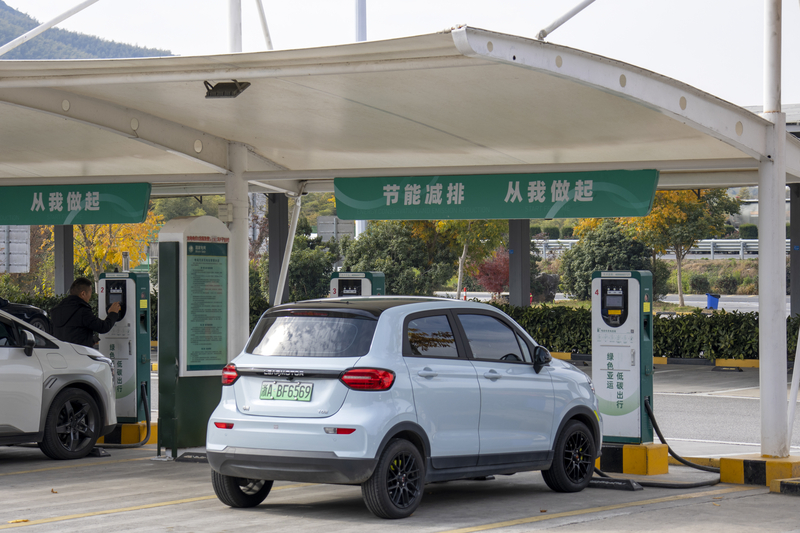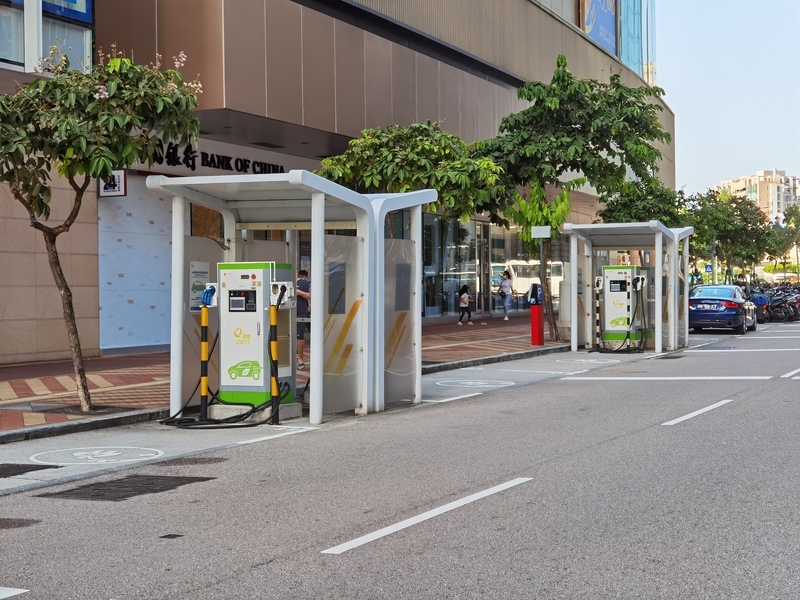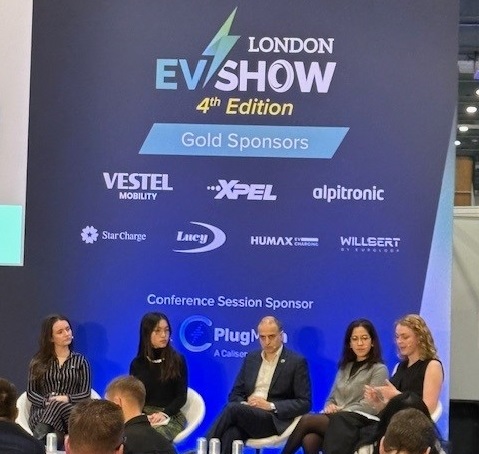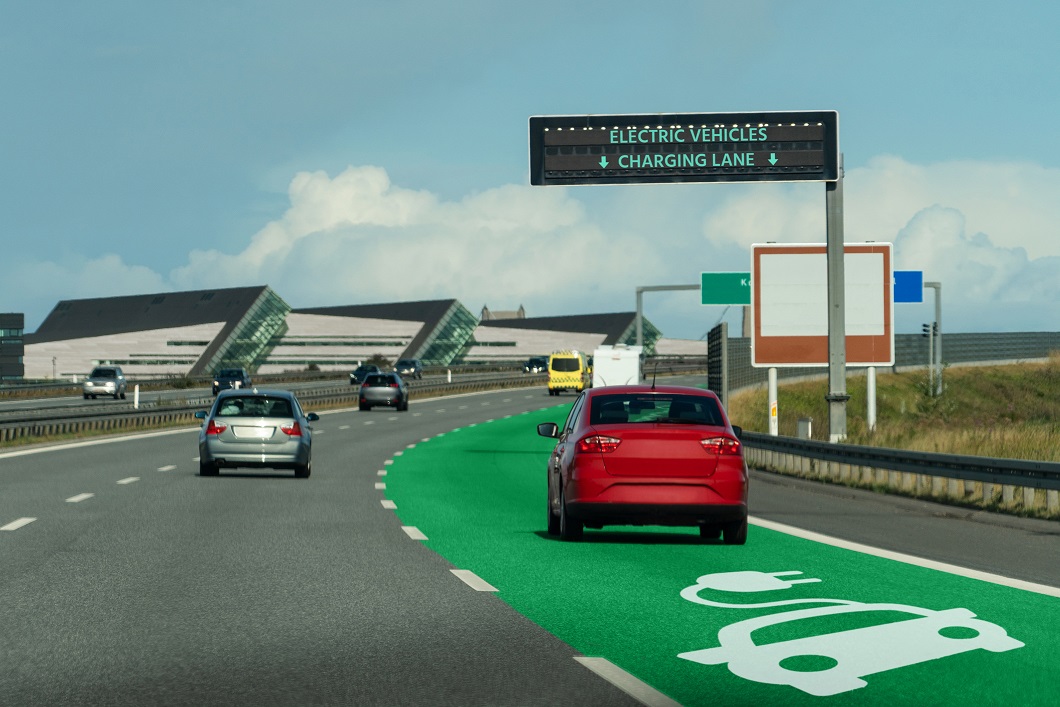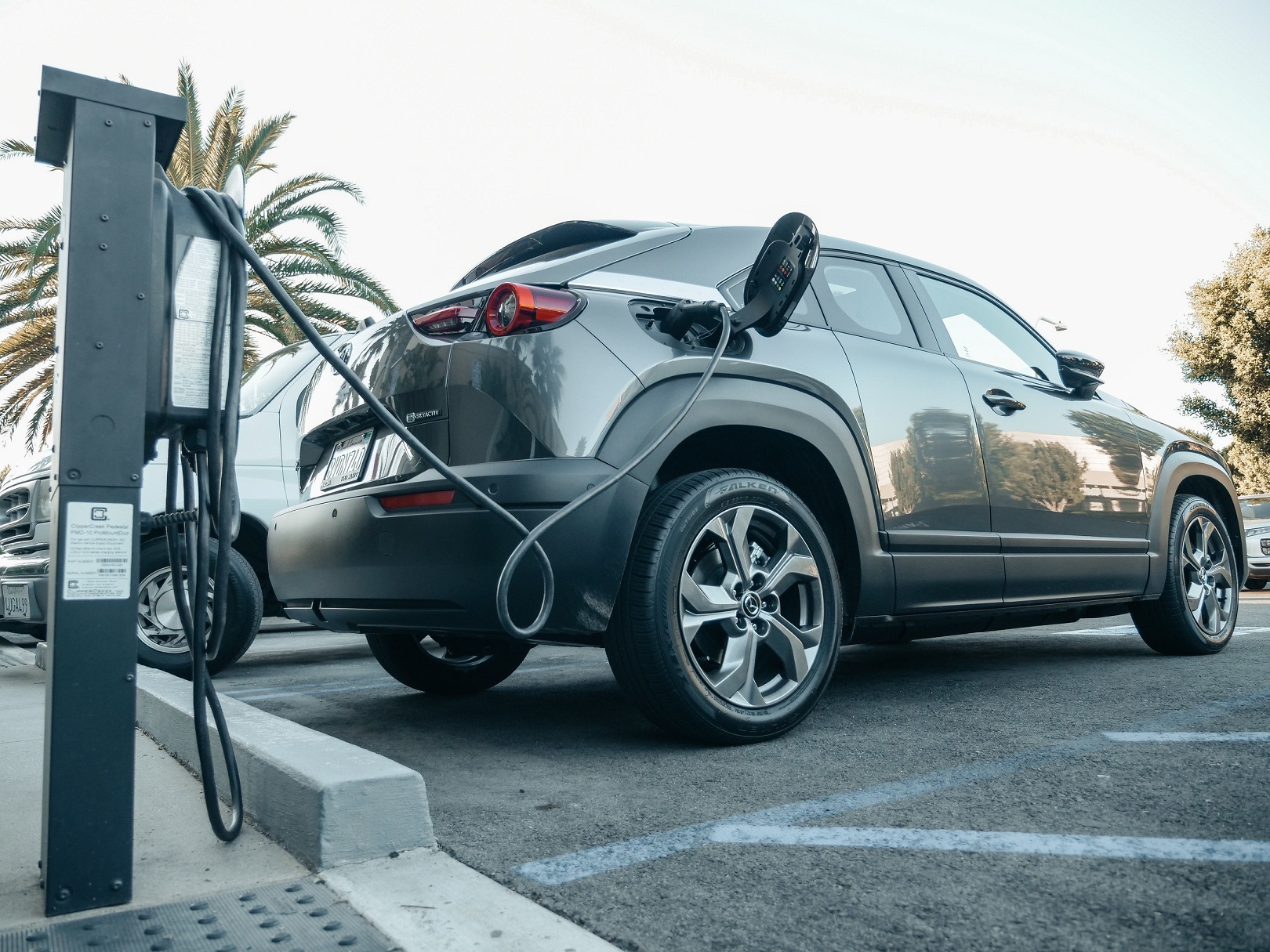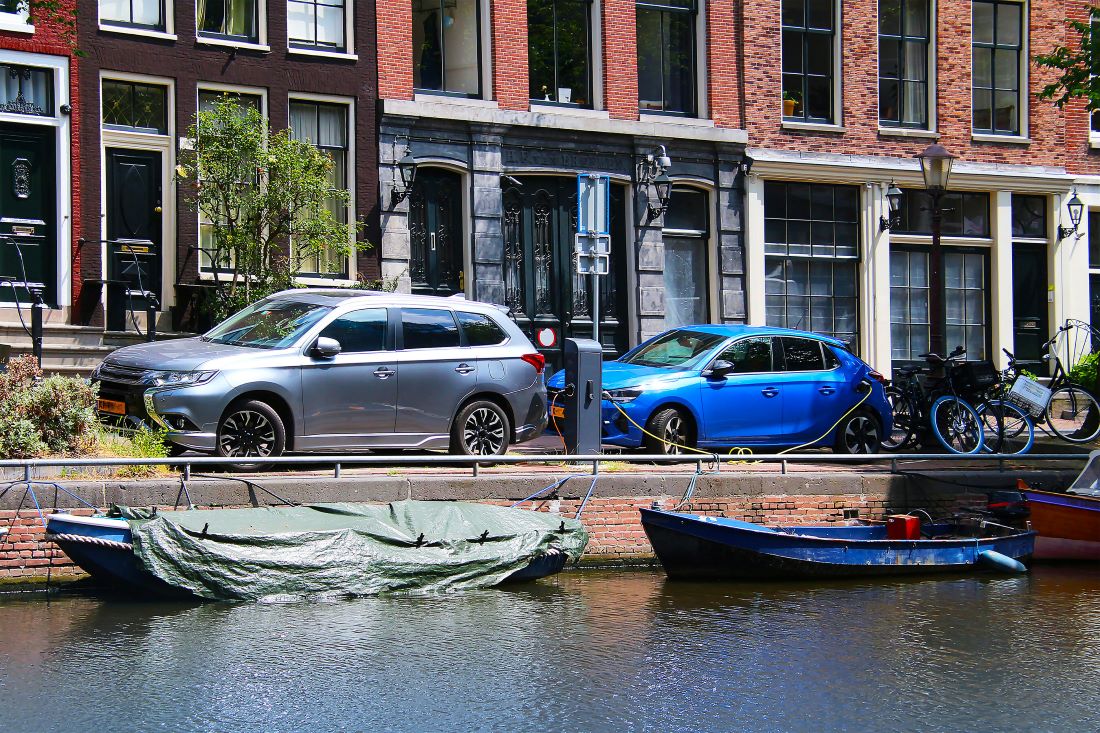
The company is at the forefront of simplifying the transition to electrification in Europe with its innovative marketplace. This offers a comprehensive selection of electrification solutions such as EV chargers, solar, and battery storage, making it easy for businesses and individuals to access the tools they need to embrace clean energy practices. Whether it's electric vehicles, renewable energy systems, or energy-efficient appliances, Vehya claims to provide a one-stop-shop that streamlines the adoption of electrification technologies.
The company says that strategic placement of its new headquarters in Amsterdam positions it favourably to drive this shift, particularly in Europe's swiftly expanding electric EV market. Supported by the Russell Advocate Office and a dedicated commitment to expedite the embrace of clean energy, Vehya stands ready to assume a leading role in advancing sustainability and environmental responsibility throughout the continent.
"The Netherlands has set an amazing goal of 100% EV sales rate by 2030,” said William McCoy, CEO of Vehya. “Their current new sales of EVs are one of the most accelerated outside of Norway. This is representative of Europe's market adoption rate in general. So Vehya's marketplace solution in the Netherlands provides us the ability to support current Auto and EVSE partnerships in the region and create new ones."
Recent data shows a remarkable 25% year-over-year surge in plug-in vehicle registrations in Europe, with April recording 197,000 new registrations. These EVs now constitute a substantial 21% of the European auto market, with battery electric vehicles (BEVs) accounting for 13% of this share. BEVs also experienced an impressive 50% year-over-year growth in April. Pure electric vehicles now overwhelmingly dominate Europe, representing 64% of plug-in registrations.
Europe boasts the second-largest electric vehicle market globally, trailing only China and surpassing the United States. Several European nations are swiftly implementing policies aimed at phasing out non-electric vehicles by 2035. Norway stands out as a notable example, with an astonishing 54% of new vehicle sales in 2020 being fully battery-powered vehicles, largely due to the effectiveness of tax incentives.
Vehya's move into the European market is happening at a pivotal moment, coinciding with the continent's rapid shift towards more eco-friendly transportation.



